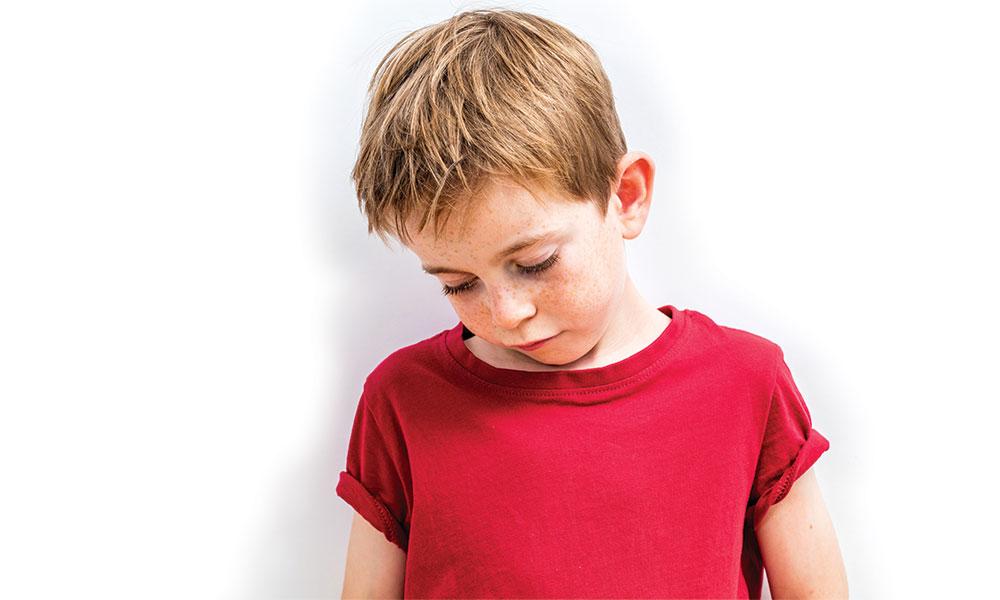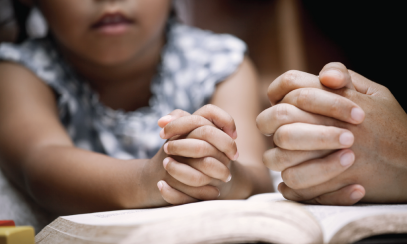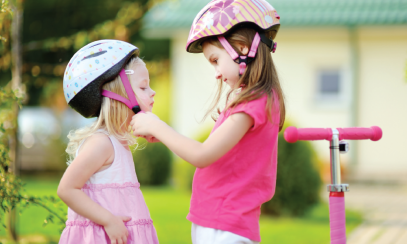
How to Help Your Child Forgive
Sometimes, amidst all the bad news headlines, we read a story of luminous forgiveness. One example is Jennifer Thompson-Cannino’s story of rape and forgiveness, told in the book, Picking Cotton: Our Memoir of Injustice and Redemption. It’s well worth the read. But for most of us, and our children, forgiveness won’t be as dramatic. For the everyday hurts and wounds our children experience, how can we help them learn to forgive?
Check out books from your local library. There are age-appropriate books that can stimulate discussions of forgiveness. Address how the characters respond, guiding your children toward healthy reactions.
Explore attributions about others’ behavior. Psychologists talk about the “fundamental attribution error”: When “I” behave in a negative way that hurts others, it is because of the situation, but when “You” behave in a negative way, it is because of a bad disposition! Help your child explore various ways to interpret the behavior of others.
Don’t minimize your child’s pain. Emotional pain is powerful, and forgiveness, when one has been seriously wronged, is a process. It is like peeling through the many layers of an onion. Friendships may never be restored, but forgiveness can diminish the anger that your child feels.
Nurture a strong prayer life in your children. Help your children bring their concerns to our loving Creator. Empathy and compassion toward others help children learn to forgive.
Pope Francis, in his Sunday Angelus on Sept. 15, 2013, suggested the following: “Everyone in silence thinks of someone with whom things aren’t going well: someone we are angry at, someone we don’t wish well. Think of this person, and in silence in this moment let’s pray for this person and become merciful towards this person.”
Dr. Cathleen McGreal is a psychology professor and certified spiritual director



